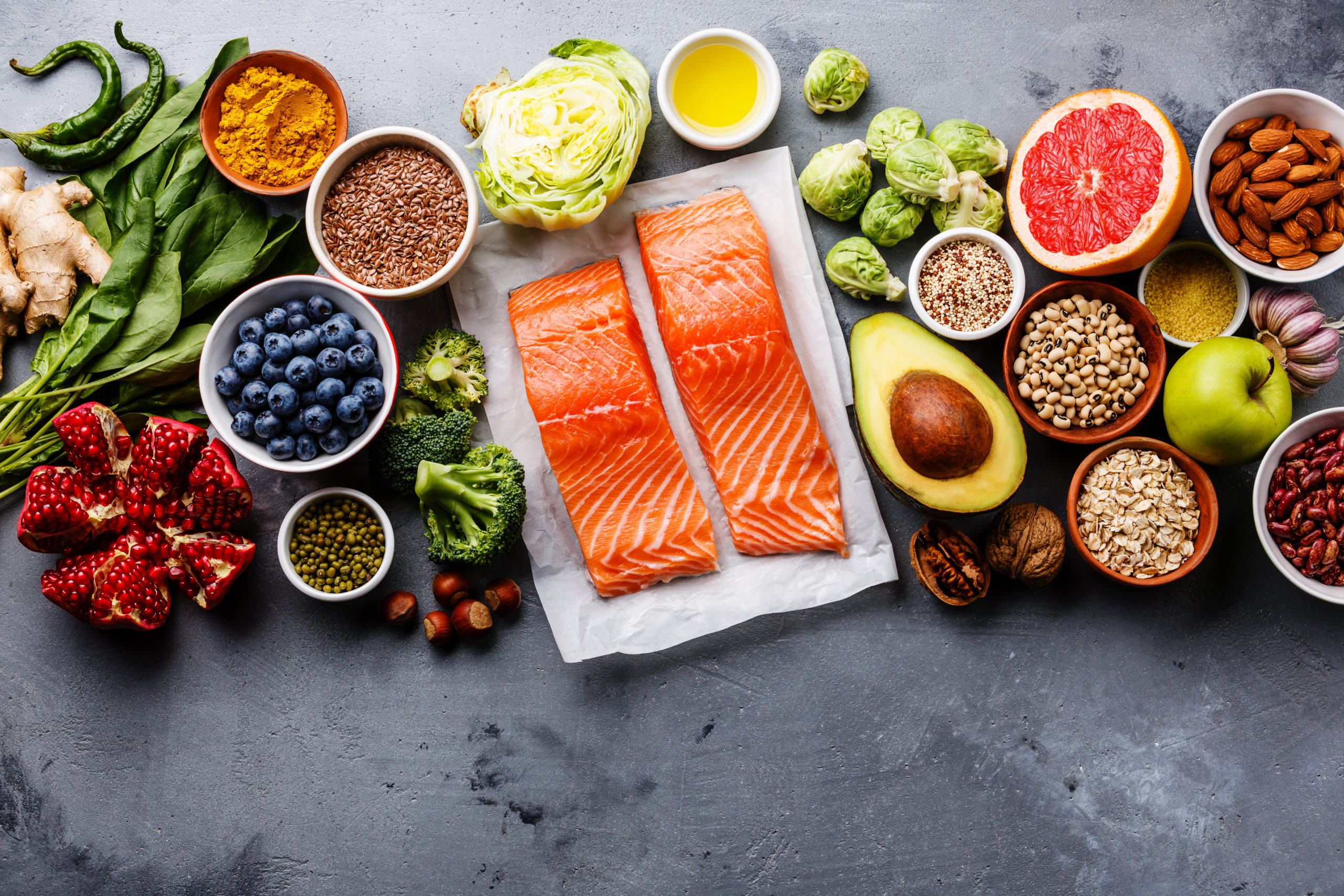The Value of Nutrition in Recovery

Nutrition and addiction
Addiction can disrupt your life in many ways, and your nutrition is one of the big ones. Addiction to alcohol, opiates and other substances can cause effects like:
- Not eating enough or not being hungry as a result of appetite-suppressing substances, like opioids or stimulants
- Eating too much or being excessively hungry as a result of appetite-inducing substances, like marijuana or alcohol
- Eating foods that are less nutritious
- Extreme weight loss
- Malnutrition
- Deficiency in vitamins and nutrients like B-group vitamins, vitamin C and vitamin D
- Anemia
- Damage to the liver
- Damage to the pancreas
- Poorly regulated blood sugar
- Digestive issues, including vomiting, diarrhea and constipation
- Dental issues
- Nerve damage
- Inability to absorb nutrients due to gastrointestinal damage
- Muscle atrophy
- Dehydration
Nutrition and sobriety
In addition to the many lessons and skills you will learn in your recovery, it is important to learn how to tend to your nutrition during this new stage of your life. You will need to rebuild any nutrients that have depleted during your addiction, as well as establish a sustainable plan for maintaining your nutrition throughout your recovery.
Pay attention to these vitamins and nutrients in particular:
- Omega-3 fatty acids: Omega-3s may help improve symptoms of psychiatric disorders Sources include mackerel, salmon, sardines, flaxseeds, walnuts and soybeans.
- Fiber: Sources include bran, oats, beans, whole grains, popcorn, potatoes with the skin on and berries.
- Vitamin D: Vitamin D deficiency can lead to symptoms of depression. Sources include mackerel, salmon, herring, sardines, red meat and egg yolks.
- B-group vitamins: B-complex group vitamins include thiamine (Vitamin B-1), riboflavin (Vitamin B-2), niacin (Vitamin B-3), biotin (Vitamin B-7), folate or folic acid (Vitamin B-9) and cyanocobalamin (Vitamin B-12). These vitamins can help regulate moods and decrease symptoms of depression. Sources include pork, beef, turkey, peas, bananas, mushrooms, oranges, nuts and fortified cereals.
- Calcium: Calcium deficiency can lead to brittle bones, irritability, muscle aches and pains and abdominal cramps. Sources include dairy products, kale, tofu, sardines, apricots, kiwis and foods made with fortified flours.
- Complex carbohydrates: Complex carbs are packed with fiber and are key to long-term health. Sources include fruits, vegetables, nuts, oats, rice and whole grains.
- Healthy fats: Monounsaturated and polyunsaturated fats are considered “good fats,” in that they are essential for proper bodily functioning. Sources include olive oil, avocados, cheese, dark chocolate, fish, nuts and full-fat yogurt.
- Protein: Protein provides a strong foundation for your bones, muscles, cartilage and skin. Sources include chicken, Greek yogurt, eggs, legumes, beans, nuts and cheese.
Nutrition and daily life
Reading about nutrition is easy, but making sure you are getting enough nutrients every day is a bit more difficult than it sounds. Good nutrition will give you more energy, a stronger immune system, and an enhanced mood; it will make you feel better in general, so it is an important aspect of your recovery journey.
Follow these tips as you start to incorporate nutrition into your daily life.
- Optimize your grocery shopping: Developing healthy grocery shopping habits is the first step to living a more nutritious life. The ingredients you choose at the store will become the meals you eat throughout the week, and the meals you eat will directly impact your nutrition and health. Choosing healthy foods at the grocery store also does not mean that your budget needs to increase. Make smart swaps like reaching for the generic brand instead of the name brand, and purchase frozen fruits and veggies which last longer than fresh.
- Regularly eat your meals at consistent times: Establishing a routine will be beneficial for your recovery as a whole, not just for your nutrition. This will also keep your blood sugar stable.
- Find your most favorite foods: You will be more likely to eat healthy foods if you enjoy them. Experiment with different ingredients, try new recipes and keep your favorites on hand.
- Find your least favorite foods: Don’t force yourself to eat foods that you won’t enjoy, even if they are nutritious.
- Drink plenty of water: Drinking water throughout the day and during meals will keep you hydrated, give you more energy and aid with digestion.
- Add variety to your life: It may be easier to prepare quick and easy meals in bulk, but this can get old quickly. Mixing up your meals will not only keep you excited about mealtime, but it will provide you with opportunities to get different nutrients. If you regularly build meals around protein and calcium, you will benefit from those nutrients, but you would be missing out on omega-3s and complex carbohydrates.
Silver Ridge Recovery offers nutritional education as part of our holistic addiction recovery programs. Reach out today at 855-945-7788 to learn how to live a more nutritious life in recovery.









